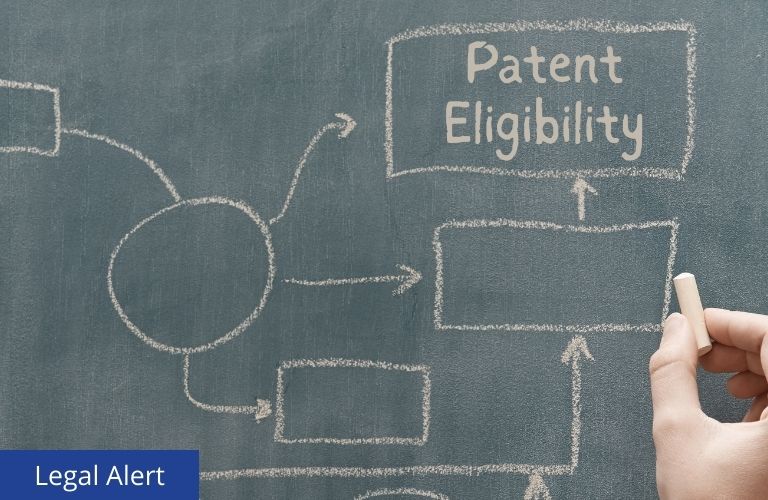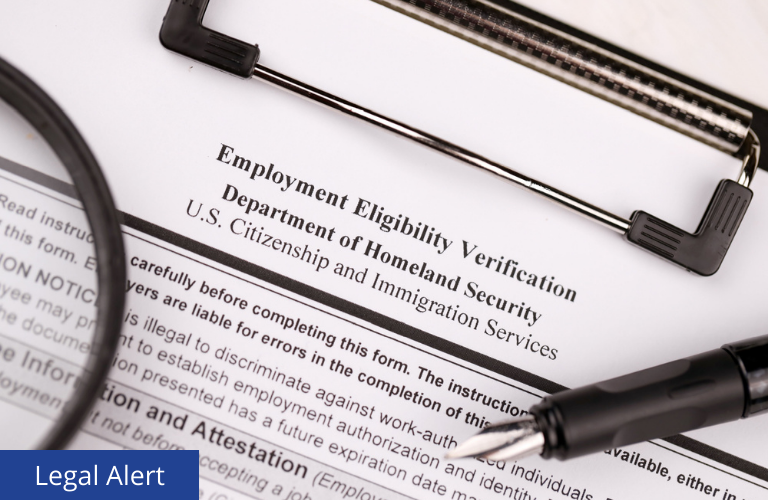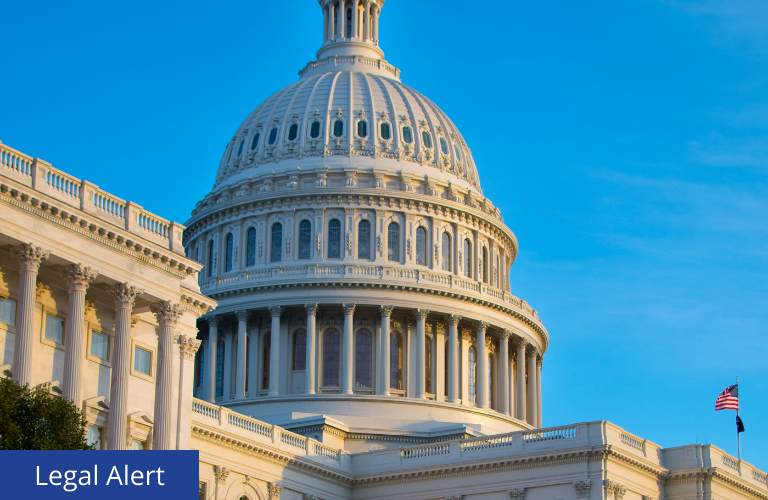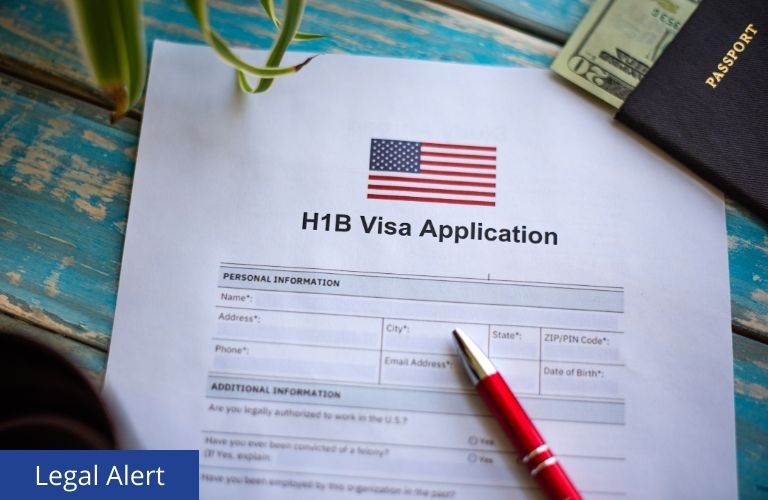
How Patent Eligibility Became a Flowchart and What That Tells Us Congress has spoken on patent eligibility in a meaningful way. Section 101 of the Patent Act is a single sentence long. This paragraph, intentionally kept short, still contains just a few more words than the statute itself. In today’s modern eligibility analysis, you will see flowcharts, sub-steps, and prongs, culminating in phrases like “Step 2A, Prong 2,” which read more like IKEA furniture assembly instructions than formal statutory interpretation. What Section 101 has become is not the product of a single decision, agency, or moment of doctrinal clarity. It has… Read more

The New York City Council recently added a new provision to the Administrative Code setting forth time deadlines and procedures that boards of apartment cooperatives must observe when considering applications for the transfers of apartments. The new requirements apply to applications submitted after July 28, 2026. Cooperatives’ boards and managing agents must familiarize themselves with and comply with these deadlines and requirements. The cooperative must have and provide “promptly upon request” an application form and list of requirements for every transfer, including documents, conditions, interviews and background checks. Conditions such as limits on financing, discretionary analysis of financial qualifications, bans… Read more

Recent class action litigations, utilizing a variety of theories of liability, underscores the rapidly increasing legal risk associated with using poorly understood AI-driven hiring and applicant screening tools. Courts and regulators are signaling that both vendors and employers may face direct liability when AI systems are used to screen, rank, or reject job applicants without adequate governance and oversight. Key Case to Watch: Mobley v. Workday (N.D. Cal.) In this federal class action, a job applicant alleges that Workday’s AI screening tools disproportionately rejected older applicants, among other claims. The court has allowed the case to proceed under a federal… Read more

For contractors already dealing with tight schedules and slim margins, an ICE enforcement action is not just a legal matter, it can throw an entire project off track. Construction remains a top target for ICE. While the laws themselves have not changed, enforcement priorities have. Even if your company is not directly targeted, a raid aimed at undocumented workers on a shared jobsite can still affect your workforce and your timeline. Georgia’s E-Verify and I-9 Requirements Georgia contractors have additional compliance responsibilities that cannot be ignored: E-Verify is required for Georgia employers with more than 10 full-time employees, including contractors… Read more

On January 29, 2026, the Department of Labor (“DOL”) issued a Proposed Rule, Improving Transparency into Pharmacy Benefit Manager Fee Disclosure (the “Proposed Rule”), intended to provide transparency into PBM compensation arrangements. The Proposed Rule would require PBMs and affiliated brokers or consultants that provide services to self-insured group health plans subject to ERISA to disclose specific information about their compensation to plan fiduciaries. PBMs perform various functions on behalf of self-insured group health plans, such as establishing pharmacy networks, negotiating pharmacy reimbursement amounts, negotiating prescription drug rebates with manufacturers, and processing prescription drug claims. In connection with these services,… Read more

On January 22, 2026, the U.S. Equal Employment Opportunity Commission voted to rescind its “Enforcement Guidance on Harassment in the Workplace” (“Harassment Guidance”) adopted on April 29, 2024. HISTORY The Harassment Guidance was the EEOC’s attempt to clarify (for the first time since the 1990’s) the types of prohibited harassment against protected classes. The Harassment Guidance covered traditionally-recognized protected classifications such as race, religion, national origin, age, color, disability, and pregnancy, and also addressed gender identity and sex-based harassment and specifically incorporated the United States Supreme Court’s 2020 decision in Bostock v. Clayton County, Georgia, which prohibited employers from making hiring… Read more

The start of a new year is a natural time to take stock—of your priorities, your family, and the plans you have in place to protect what matters most. While estate planning is often viewed as something to “get to later,” the new year presents an ideal opportunity to review, update, or put foundational documents in place with intention and clarity. Even well-crafted estate plans benefit from regular check-ins. Life changes—marriages, divorces, births, deaths, career shifts, business growth, or relocations—can quietly render existing documents outdated or incomplete. A brief review now can help ensure your plan still reflects your goals… Read more

H-1B Cap Season Preview: What Employers Need to Know for FY 2027 The fiscal year (FY) 2027 H-1B cap lottery registration period is expected to open in early March 2026 and close in mid-March. After the registration window closes, U.S. Citizenship and Immigration Services (USCIS) will conduct the lottery and allocate H-1B numbers for qualifying specialty occupation positions. Each year, 85,000 H-1B numbers are available, including 20,000 reserved for individuals with a U.S. master’s degree or higher. Because demand continues to far exceed supply, USCIS uses a lottery system to determine which registrations may proceed to filing. This upcoming cap… Read more

In due recenti decisioni, la Corte d’Appello di New York ha stabilito che una società a responsabilità limitata (“LLC”) che non firma il proprio accordo operativo (Operating Agreement) non è vincolata dai termini di tale accordo; solo i suoi membri firmatari sono vincolati. Questa sentenza apre la porta a una dinamica indesiderata in cui i membri della LLC possono essere vincolati ai diritti e agli obblighi negoziati con cui intendevano governare la LLC, ma la LLC non lo è. The Operating Agremeent of an LLC è generalmente accettato come il documento fondamentale di qualsiasi LLC, che stabilisce le modalità di… Read more

Group health plan sponsors should calendar February 16, 2026, as the compliance deadline for updating the plan’s HIPAA Notice of Privacy Practices (“NPP”) to reflect the special rules that apply to substance use disorder (“SUD”) treatment records. Plan sponsors who previously made updates to the plan’s NPP, or other HIPAA compliance materials, to reflect the now vacated rules related to reproductive health information will also need to update those materials to remove those changes, if they have not already done so. NPP Updates for Substance Use Disorder Treatment Records February 16, 2026, is the deadline for HIPAA-covered group health plans… Read more











